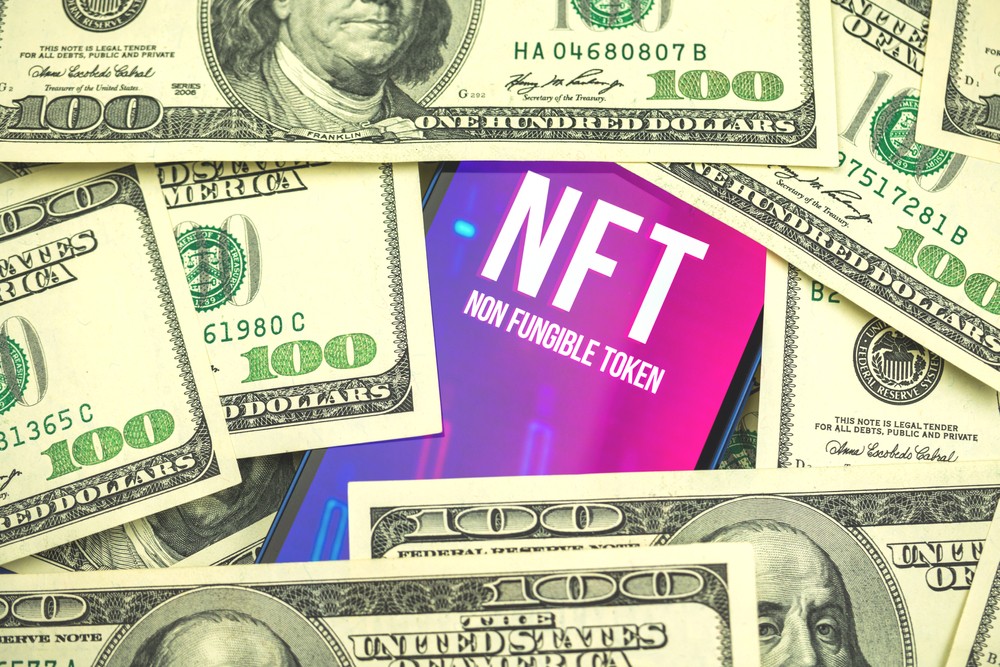
Blur Urges NFT Creators to Block Their Collections From Trading on OpenSea
A war has erupted between two top NFT marketplaces following Blur’s announcement on Wednesday that it will begin enforcing creator royalties for NFT collection that blocks trading on OpenSea, the largest marketplace by trading volume.
Blur has been in operation for just four months but has seen massive adoption within this short time. Currently, however, it does not fully enforce creator royalties which usually range from 5% to 9%. The royalties come from secondary sales of the NFTs.
Blur only enforces a minimum creator royalty of 0.6%, and traders can choose to pay more. However, according to the firm’s announcement, Blur will start enforcing any amount of royalty fee asked by NFT creators who have blocked their collections from trading on OpenSea.
Blur Explains the Reason Behind Policy Change
In a statement, Blur’s team said the move is a survival tactic fueled by OpenSea’s non-competitive policies. The young platform claims that its competitor has been setting royalties to optional immediately after it detects the NFT collection is also trading on Blur.
A few months ago, several NFT marketplaces stopped enforcing creator royalties. Many creators felt that the platforms denied them the opportunity to earn passive income. OpenSea suggested plans to follow suit but had to cancel them following backlash.
Instead, the leading marketplace launched a blocklist tool that allows creators to restrict their NFTs from trading on all marketplaces that do not enforce creator royalties. In addition, collections that have adopted the tool can enforce their own royalty fee on OpenSea.
Blur on the Rise
Blur has been flying since completing its most-anticipated token airdrop two days ago. The airdrop was meant to lobby NFT traders to dump other marketplaces. The recent hype around Blur has threatened the dominance of OpenSea.
Blur has even surpassed OpenSea in regard to overall Ethereum NFT trading volume in recent weeks. However, the marketplace has recorded several cases of wash trading. It remains to be seen whether Blur can maintain its present popularity.
Immediately after Blur announced its policy change, many appeared to support the move. One Twitter user (@0xfootbar) said OpenSea deserved it since it has been blacklisting its rivals for a long time.




